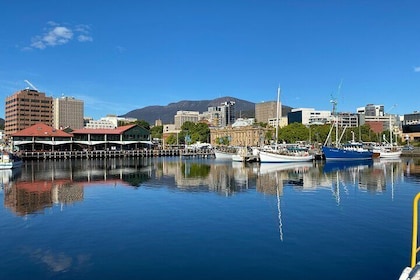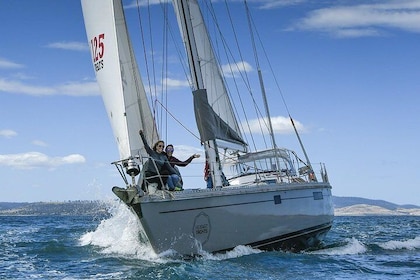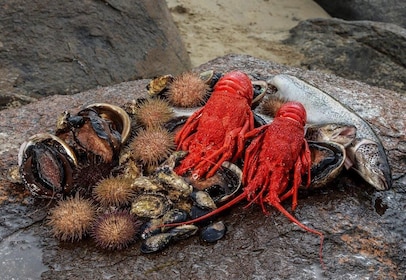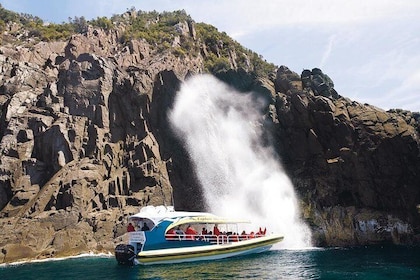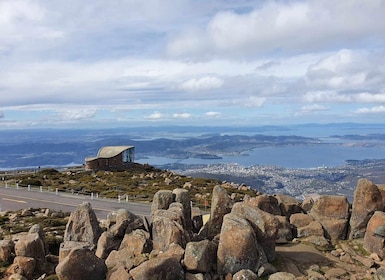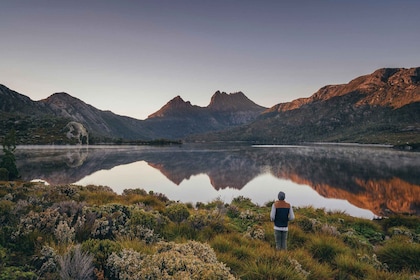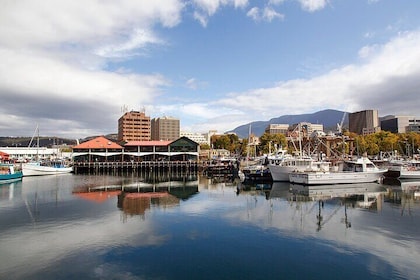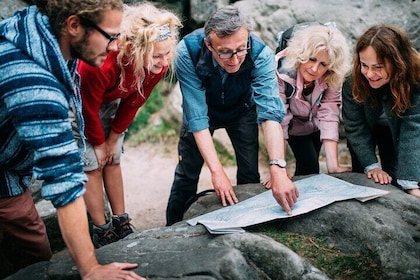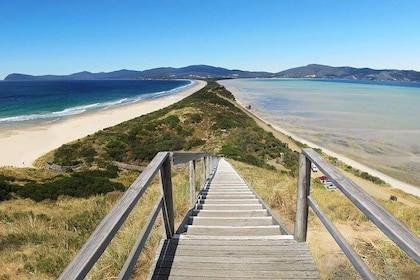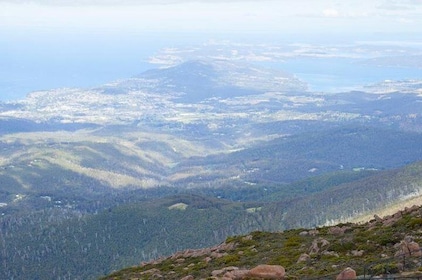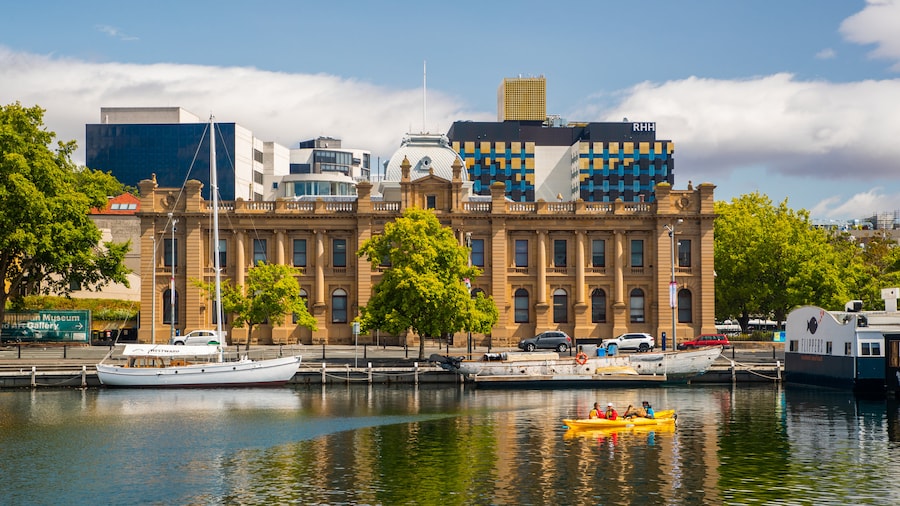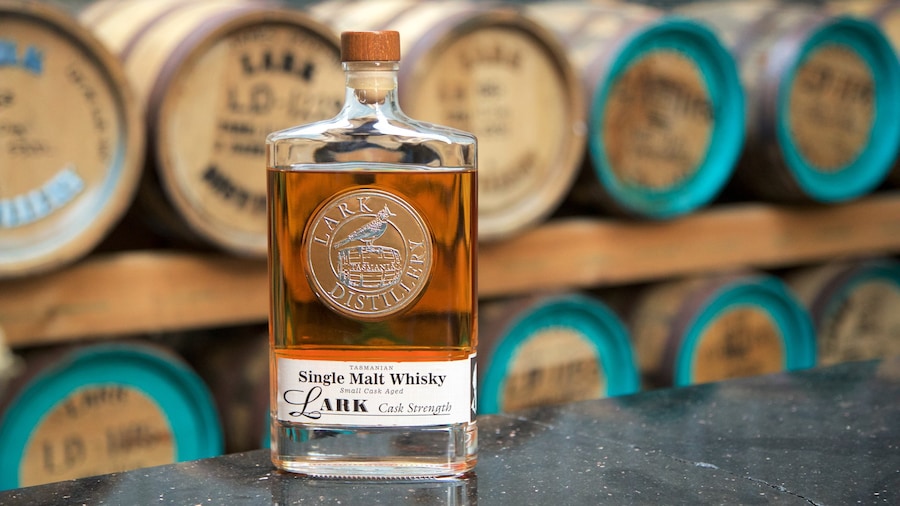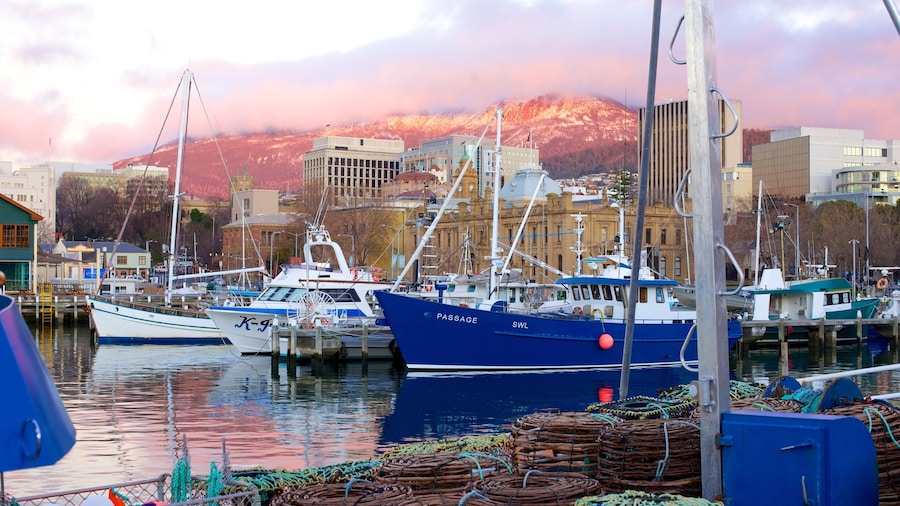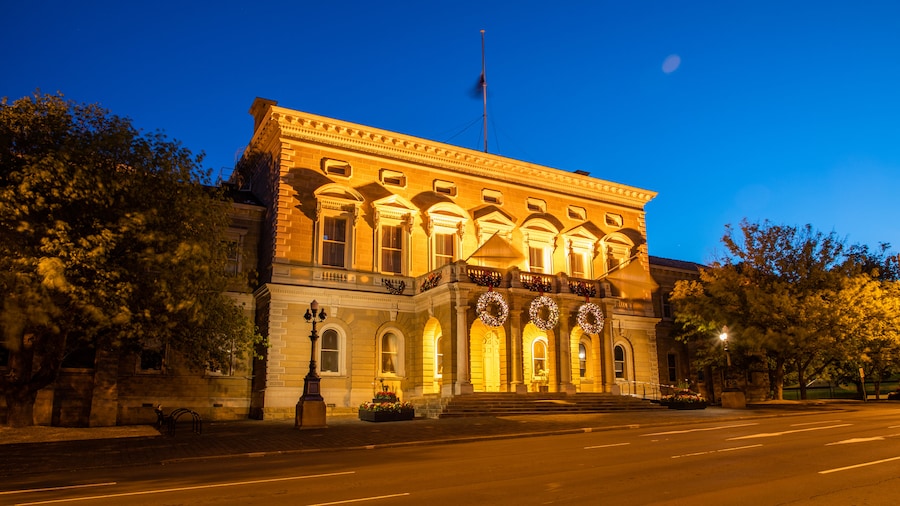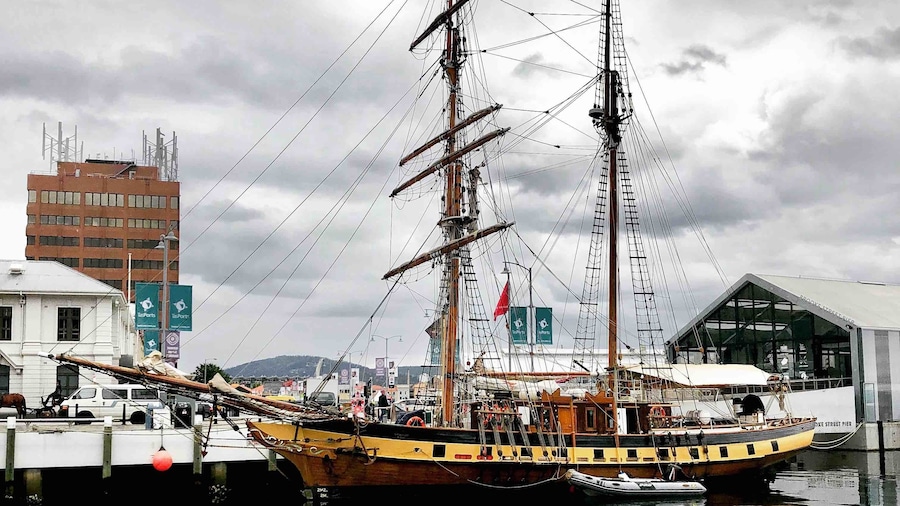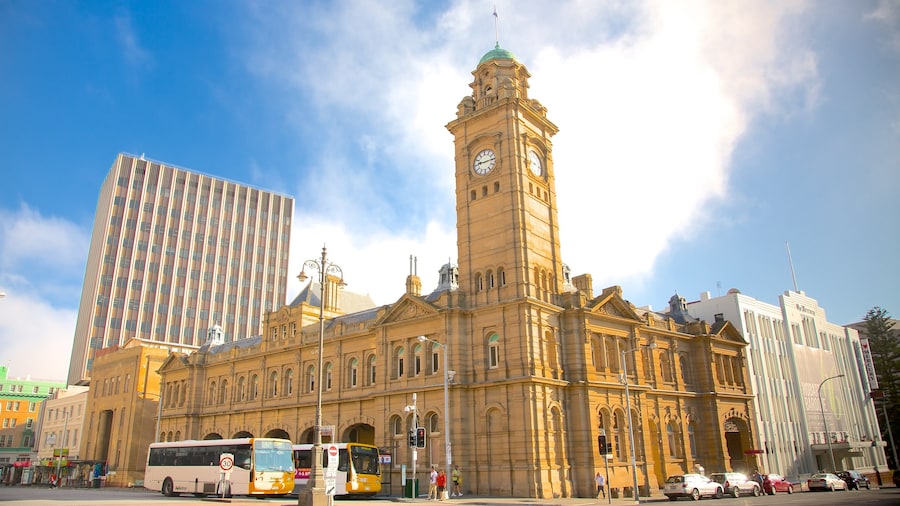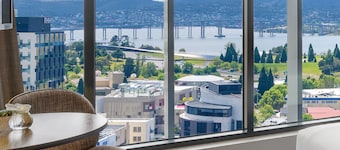A timber sailing ketch from 1867, diving suits and whaler’s harpoons bring Tasmania’s maritime past back to life.
As an island state, Tasmania has had a long seafaring history, and much of it is on display at the Maritime Museum of Tasmania, located in a historic building right on the water in Sullivan’s Cove.
While the museum is a magnet for maritime history lovers, the collections here also tell the story of Tasmania’s development from a colonial outpost to a hub for industries such as apples and timber. Listen to the interactive stories from fishermen and their families and learn how tough life was for people whose livelihoods depended on the sea. Explore the museum’s collection of artifacts from 15 wrecks and part of the shipwrecked barque Petrel. You’ll discover just how dangerous Tasmania’s waters can be.
Even for whales the waters were not safe. Southern right whales were once so numerous in the Derwent River that it was considered dangerous to cross in a small vessel because of the risk of being capsized. Learn how they were systematically hunted for their oil and bone during the 19th century. Declining numbers eventually put an end to the industry and whale numbers have slowly recovered. A replica whaling ship and tools of the trade are on display in the museum.
Be sure to visit the shipbuilding exhibit to experience the sights, smell and sounds of what was one of Tasmania’s historically biggest industries.
During the summer months climb aboard the oldest trading vessel in Australia. The May Queen, built in 1867, is a 69-foot (21-meter) long ketch made of Tasmanian blue gum, and was used to transport timber, coal, building materials and even loads of fruit to Hobart. It also raced in the Royal Hobart Regatta, coming first, second and third several times. The ship is visible from the waterfront, so even if you’re visiting in winter, you can check it out.
The Maritime Museum of Tasmania is a short walk from the Metro city bus station and the central business district.
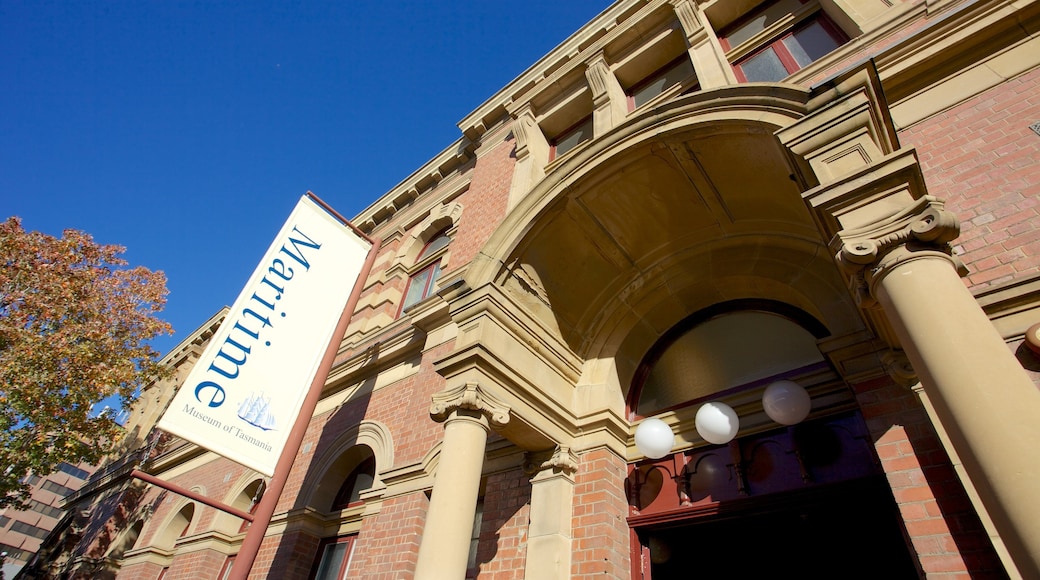
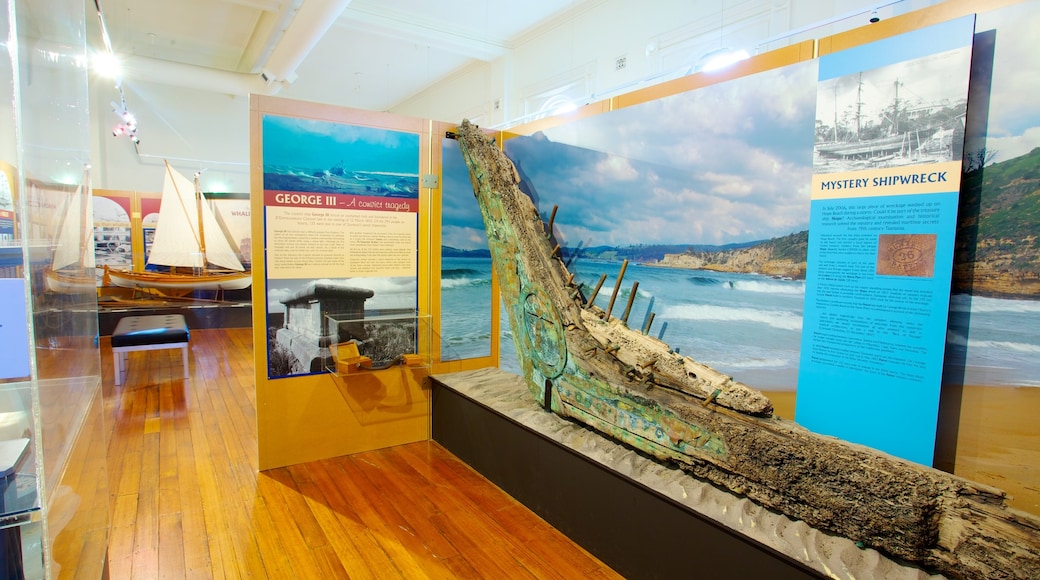
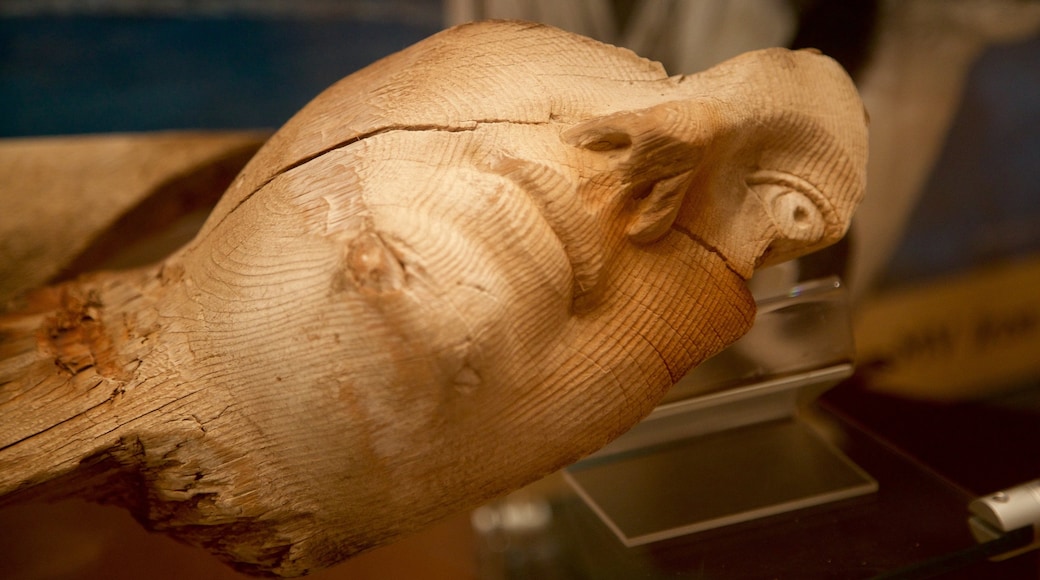
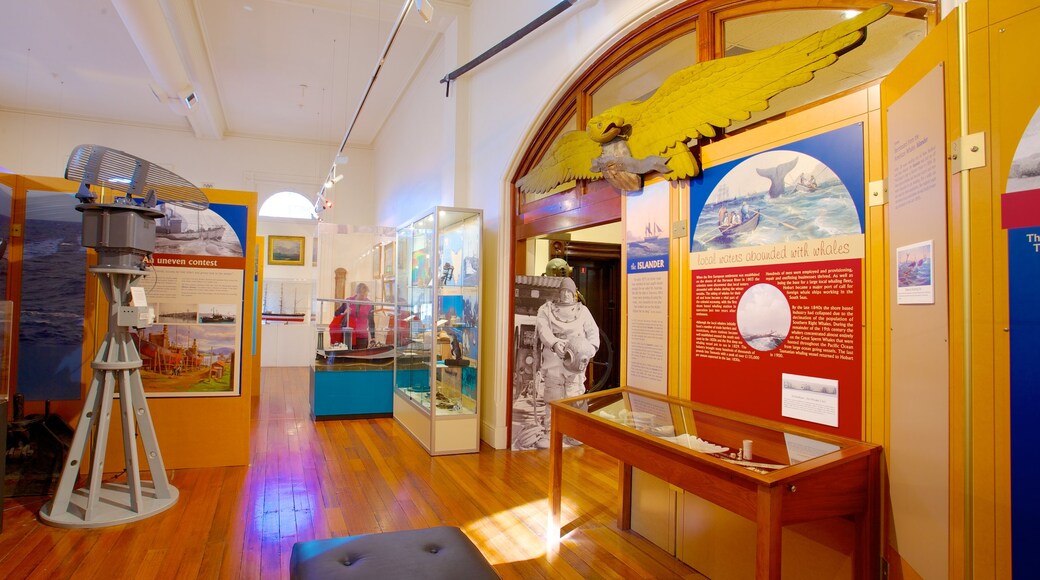
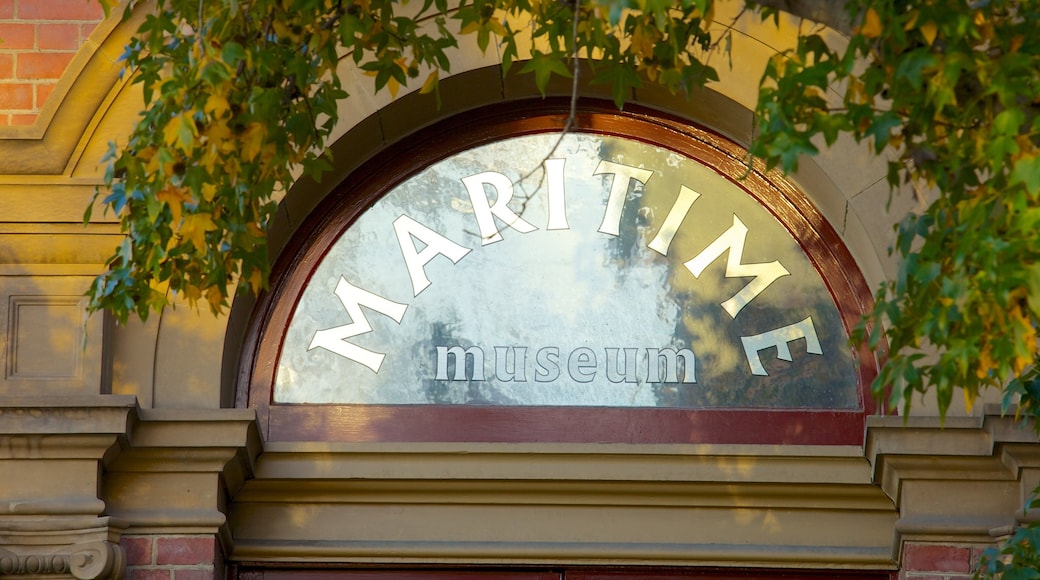
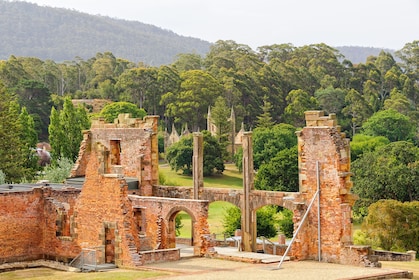



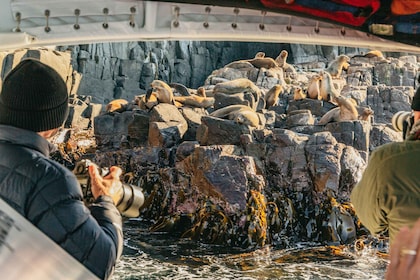




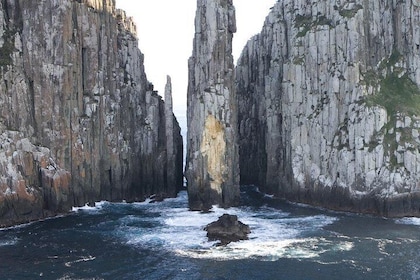
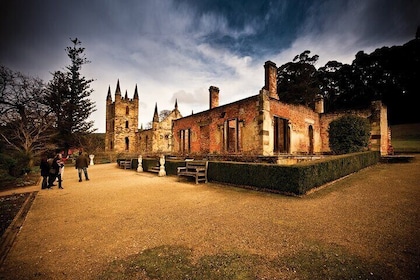

![Hobart: Cascades Female Factory Historic Site [official]](https://mediaim.expedia.com/localexpert/47979949/9d35a31a-f821-4f28-9c33-6bb99efea314.jpg?impolicy=resizecrop&rw=500&rh=280)



